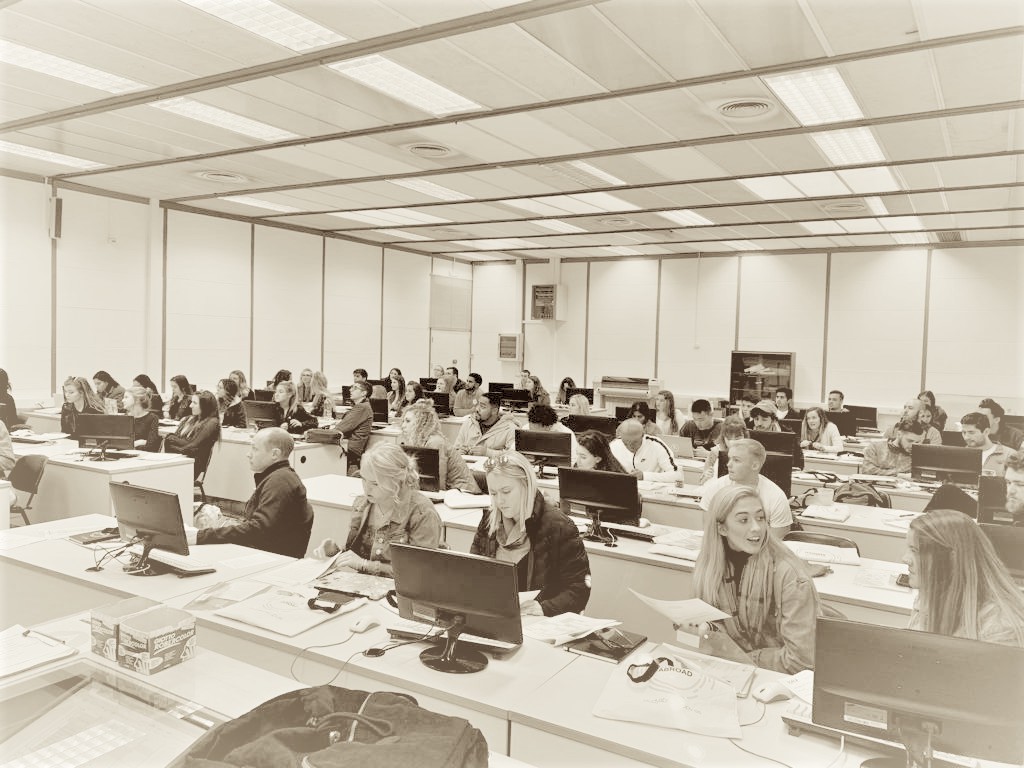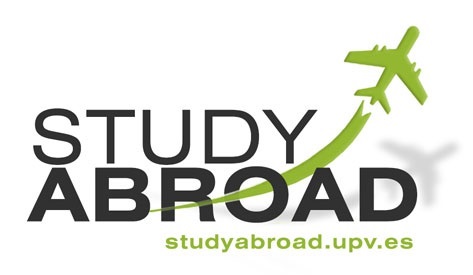
|
|

• Attendance
• Assessments
• Sexual Harassment Policy
• Students With Disabilities
• Academic Honesty Policy
• University Ombudsman
• Statement On Audio And Video Recording
• Syllabus Change Policy
Survey of Spanish Literature II
3 Credits | 300 Level | 45 Contact hours
Textbook
Díaz, L.; Escabias, P.; García, G.; Marimón, C.: (2013) Curso de Literatura Española Moderna. Madrid, Edinumen. (IBSN: 978-84-9848-381-9)
Lecturas
Antología de textos (Included in the text book)
Miguel de Unamuno (2009) [1930]: San Manuel Bueno, mártir. Madrid, Alianza. (IBSN: 978-84-206-3762-4)
Federico García Lorca (2012): La casa de Bernarda Alba. CIDEB (ISBN: 978-88-530-0988-3)
Antonio Buero Vallejo: Historia de una escalera, Barcelona, Vicens Vives. Clásicos Castellanos. (978-84-682-0113-9)
This course examines the development of Spanish literature through the analysis of various literary movements and the study of the most important authors of each period from the 18th through the 20th century. Texts from different literary genres are selected, which demonstrate underlying ideas, the idiosyncrasies of the Spanish people, and universal values, as well as the literary characteristics of the works themselves.
• Comprensión del fenómeno literario
• Breves nociones de Teoría Literaria
• Aproximación a la Historia de España desde el siglo XVIII hasta el siglo XX.
• Atención al desarrollo de la lengua y literatura españolas
• Análisis y lectura de las principales obras de la Literatura Española, desde el siglo XVIII hasta nuestros días.
Unidad 1: Románticos y liberals. El Romanticismo. Poesía romántica: José de Espronceda. Los artículos de costumbres. Recursos literarios: La ironía
Unidad 2: La poesía romántica. Gustavo Adolfo Bécquer. Románticos y posrománticos. Recursos literarios: La rima
Unidad 3: La novela realista. El realismo. Benito Pérez Galdós. Leopoldo Alas “Clarín”. Recursos literarios: El retrato
Unidad 4: Modernismo y Generación del 98. El modernismo. Rubén Darío. Recursos literarios: La sinestesia
Miguel de Unamuno: San Manuel Bueno, mártir
Unidad 5: Poesía y vanguardia. La generación del 27. Las vanguardias literarias: ultraísmo, creacionismo y surrealismo. Rafael Alberti. Federico García Lorca. Recursos literarios: La metáfora
Unidad 6: Renovación del teatro en España. Federico García Lorca: Bodas de Sangre. Recursos literarios: El diálogo
Unidad 7: Las dos Españas. Poesía social. Miguel Hernández. Recursos literarios: La hipérbole
Unidad 8: La literatura durante el franquismo. La narrativa. La vuelta a la novela realista y el realismo social.
La novela experimental de los años 60. Recursos literarios: El punto de vista narrativo
Unidad 9: La literatura durante el franquismo. Poesía y teatro. Poesía desarraigada: Blas de Otero y Gabriel Celaya. El teatro de Antonio Buero Vallejo: Historia de una escalera.
Unidad 10: De la transición a la España actual. La literatura contemporánea de 1975 a nuestros días.
Upon successful completion of this course, students will be able to:
• Critically read and discuss Spanish literary texts, as well as express their commentary on texts studied through writing.
• Compare and contrast Spanish literature from the enlightenment to the twentieth-century, considering local, national, and international contexts.
• Evaluate the ways that historical and contemporary global influences affect Spanish peninsular literary production from the eighteenth century to the present.
• Analyze Spanish history and culture through Spanish literature.
• Evaluate and discuss Spanish writings as they relate to literary movements and theory.
• Develop a thorough knowledge of the predominant Spanish authors, as well as approaches to the study of Spanish literature that will allow them to continue learning beyond the period of formal instruction.
Assessment:
Attendance and Participation 5%
Homework 10%
Reading Assignments 20%
Essay 10%
Presentation 5%
Midterm Exam 25%
Final Exam 25%
|
